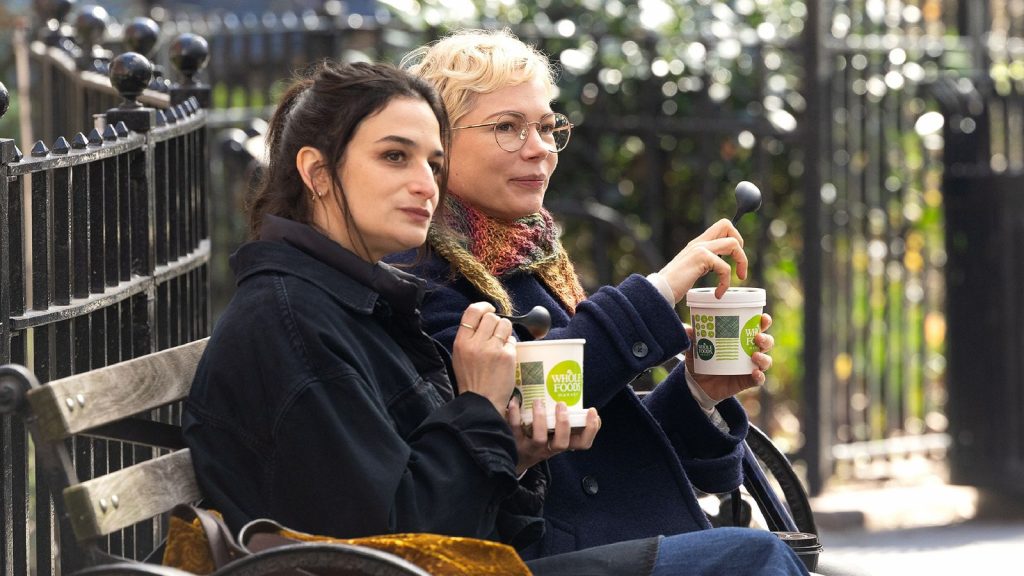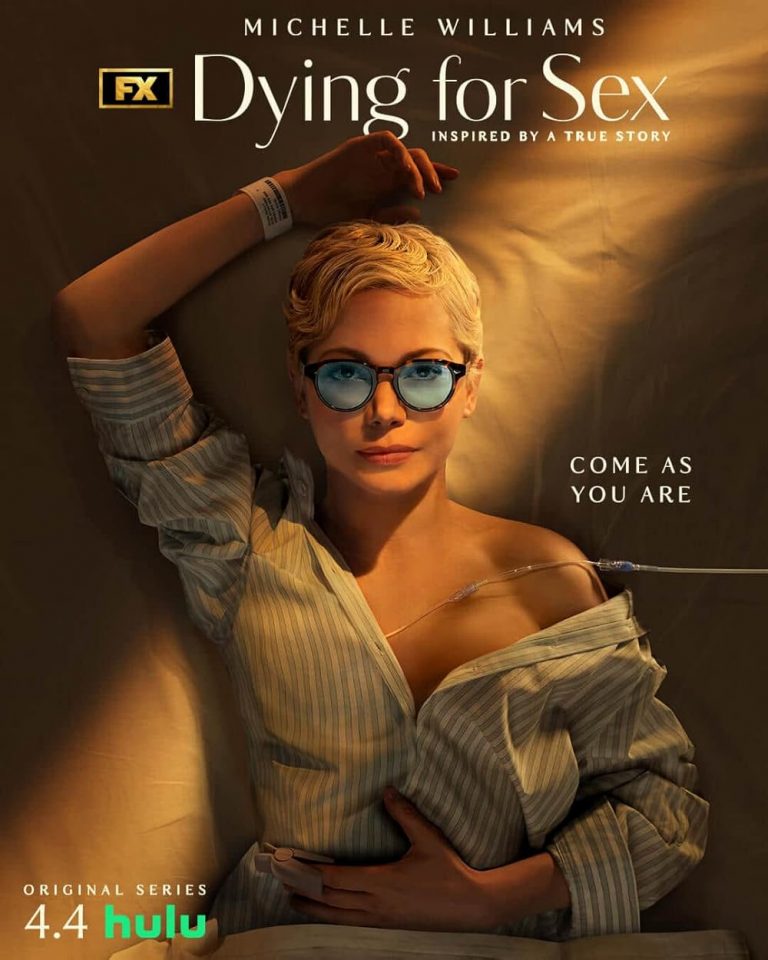Dying For Sex
Kim Rosenstock & Elizabeth Meriwether
04 Apr 2025
Sex and Art
Dying for Sex is an 8-episode American mini-series. The series is an adaptation of Nikki Boyer’s podcast of the same name, interviewing her best friend Molly Kochan, who died of cancer in 2019 at the age of 42. The latter, learning that the breast cancer that had broken out two years earlier had metastasized, decides to leave her husband, and chooses her best friend to accompany her in her life and decides to explore her sexual desires on her own.

It’s a big crush. It’s a touching, funny, and profound series all at the same time. The first tour de force in the story of Molly and Nikki is Molly’s decision to leave her husband and choose her best friend as her companion for the last part of her life. The story highlights the importance of sorority and friendship. We feel this all the more in the “Dying for Sex” podcast, which inspired the series. Especially since they’re both so humorous, in situations where you’d expect sadness rather than laugh-out-loud punchlines.
I love the focus on masturbation when Molly begins to explore her sexuality, the way her best friend supports and encourages her, and the kinky, BDSM turn the story takes. I love how she unexpectedly discovers the pleasure she takes in ordering, humiliating, and controlling in sexual games. I love how we discover her getting off without vaginal penetration, how she organizes sex sessions with strangers based on various kinks, and how she seeks out what pleases her. Throughout it all, the wit is never far away.
We see desacralized sex integrated into our lives as a path toward ourselves and others.
The final episode on sexuality features edging, a sexual practice that brings one’s partner to the brink of orgasm, with playfulness, humor, and intelligence.
The series also explores the consequences of the sexual abuse she suffered as a child in the intimate sphere, and shows part of the path she has taken to ensure that she is no longer so prevented from experiencing what she wanted to experience.
And the directors called on Emily Nagoski’s expertise on various aspects of sexuality, incorporating some of her scientific and feminist findings on desire and the experience of a survivor of sexual abuse.

